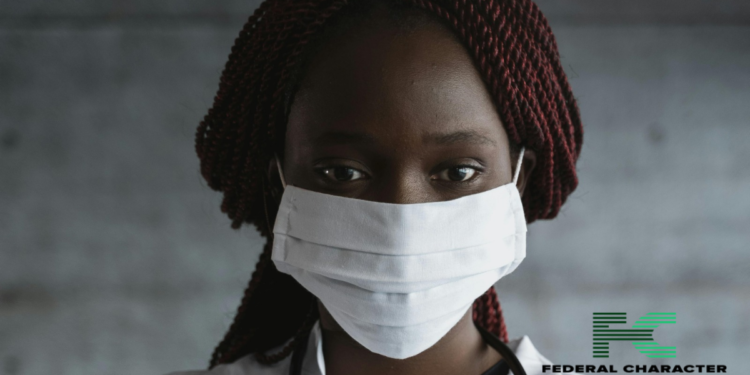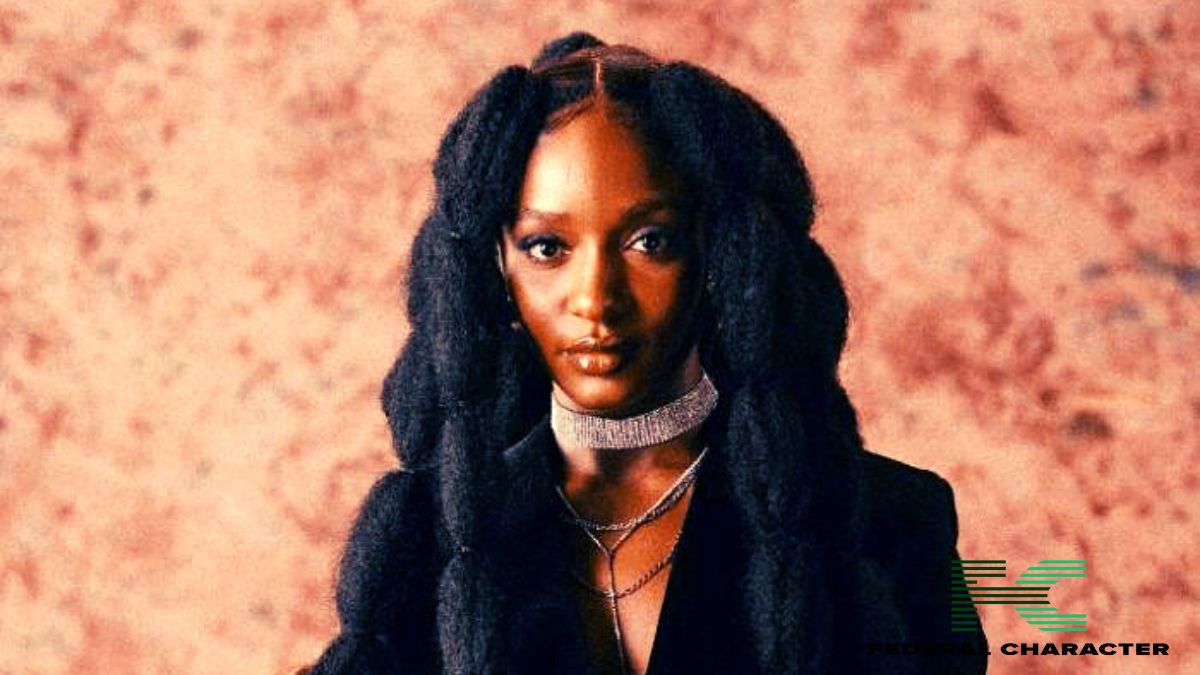An ad on YouTube first prompted my dear friend, Kara (name changed to protect her privacy), to visit an online therapy website. As a psychologist practicing in an urban city, she is passionate about her work and realized that the online platform allows her to expand her reach and aid early intervention and therapies for optimal outcomes.
Zoom In: Most days, she sees her patients virtually—allowing her to reach those who need her services quicker than traditional office visits. It minimizes barriers to care for her clients, like transportation and the inconvenience of navigating through traffic and territorial boundaries; Most importantly, she can assist more patients from the comfort of their environment—their home, office, or care.
- Even as a recent graduate, her patient load has grown exponentially overnight. Day in and day out, she immerses herself in the pain and trauma of her clients, offering solace and guidance.
- Beneath her compassionate exterior lay a soul burdened by the weight of her profession. As one of a handful of Black psychologists serving a predominately Black city, the relentless stream of clients recounting tales of injustice and suffering takes its toll, leaving her feeling drained and depleted. Her marriage, time with family, and physical health remain at the bottom of her priority list.
Why It matters: From battling burnout and compassion fatigue to confronting systemic racism and inequality, Black mental health providers walk a precarious tightrope between healing others and preserving their well-being. In a society where mental health remains stigmatized and marginalized, Black mental health professionals often find themselves caught in a double bind.
- On one hand, they are expected to be pillars of strength and resilience, providing unwavering support to those in need. On the other hand, the very system they dedicate their lives to has failed to provide adequate support and resources for their own mental health needs.

The big picture: Behind the serene disguises of therapy rooms, online therapy sessions, and counseling centers, Black mental health providers grapple with their mental health challenges, often unseen and unheard. But who Is listening to their stories? Who Is tending to their wounds?
- Black mental health providers are human beings with their vulnerabilities and limitations, susceptible to the same emotional wounds they seek to heal in others. But who Is there to tend to their wounds? Who Is offering them a shoulder to lean on when the world’s weight becomes too heavy to bear?
Reality check: The stark reality is that as we grapple with the urgency of addressing mental health disparities in America, we must not overlook the well-being of those on the front lines of care. It’s time to acknowledge the humanity of Black mental health professionals and recognize the importance of nurturing their mental health just as fervently as they nurture the mental health of others.
In the words of Audre Lorde, “Caring for myself is not self-indulgence; it is self-preservation, and that is an act of political warfare.” Let us heed her wisdom and stand in solidarity with those who devote their lives to the noble cause of healing, reminding ourselves that to care for others; we must first care for the caretakers.

















